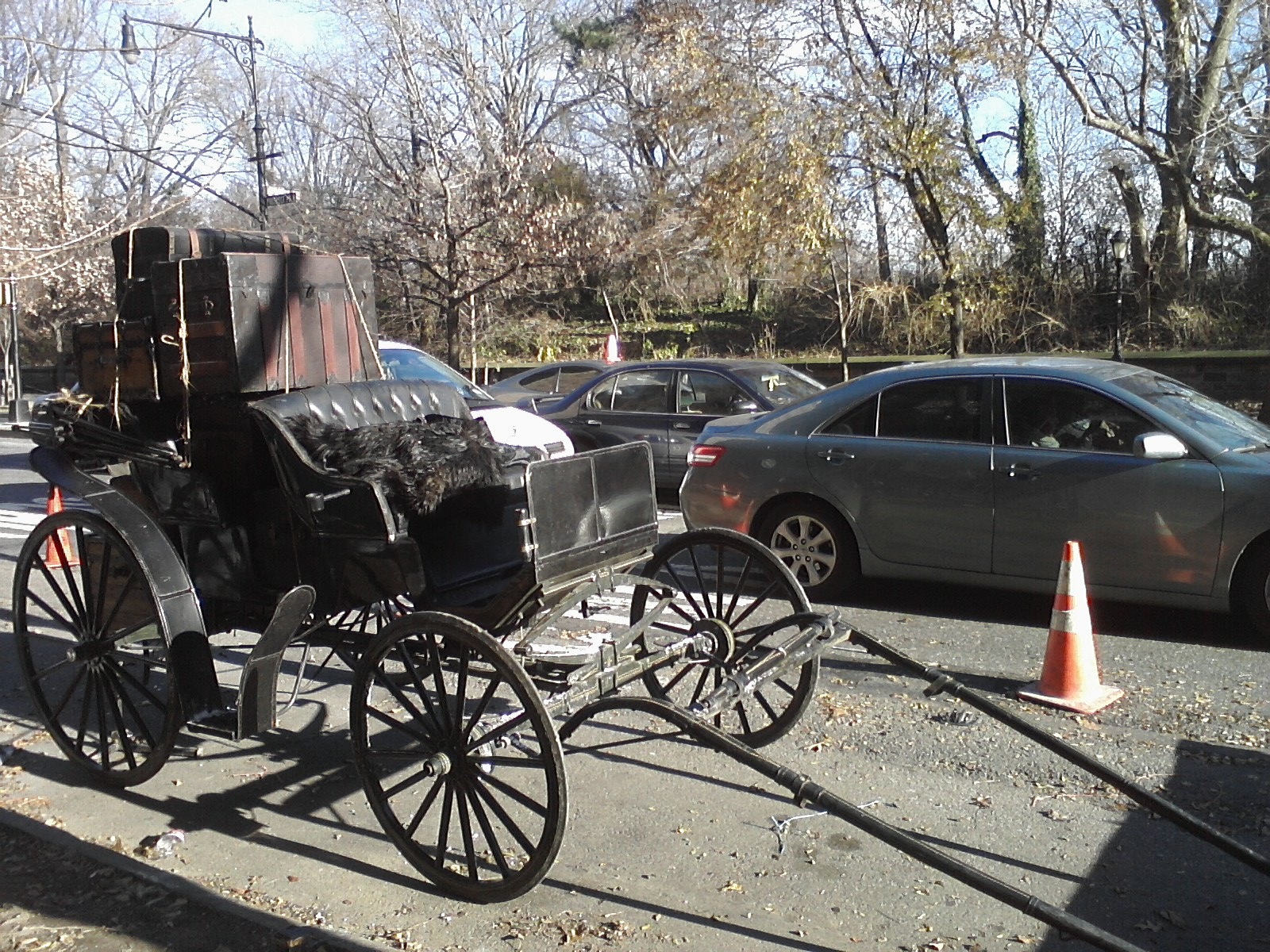A young woman is captured by gangsters and marched down an apartment building's stairs at gunpoint. When the police appear, the gunmen try to use her as a human shield. In a hail of gunfire, she's shoved face forward down the stairs, miraculously surviving as her captors are gunned down. Two minutes later, she's walking down the street with her best beau, cheerfully ruminating about the experience.
"You know," she says, "in his own way, I think saving my life was [the bad guy's] attempt to make things right."
This is the limp climax of Smart Girls Don't Talk, a 1948 Virginia Mayo job that I just caught on Insomnia TV. It's a classic bad ending, necessitated by the structural demands of an 80-minute thriller. We need a big shootout at the end, but everybody's gotta be smiling and lovey-dovey for the thirty-second final scene. Do you know how I would react if I were caught in the middle of a firefight?
I would scream like a Godzilla-nibbled toddler.
Showing the reaction to trauma is a tricky balance. Subjected to the kinds of things that characters go through on stage and screen, real-life people would be reduced to a quivering pile of sweat, tears and shit. But no matter how frightened, your hero has to be back on his feet in a few minutes, ready to crack wise and keep fighting.
I've always had a soft spot for movies that let their characters show fear. The car chase in Risky Business, for instance, is great not just because everything that features Joe Pantoliano is awesome, but because Tom Cruise—an ordinary boy in a terrifying situation—looks shit-scared. My favorite Bond movie is (no kidding) On Her Majesty's Secret Service, primarily because of the epic alpine chase that ends the film's second act. By the time Lazenby gets away, he is scared to death. This isn't Bond as Superman—it's Bond as human being.
I like that.
(God the music in that scene is great. The dialogue, not so much.
Henchman: He's making for the village.
Blofeld: All right. We'll head him off at the precipice.
Positively crackling.)
Lots of terrible things happened to the characters in my last play. People got shot, emotionally abused, sexually trifled with and kicked in the shins. I wanted to be honest about how my characters would react to these horrors, but I couldn't have them shut down. Even though it's realistic, a shut-down character is a useless character. (See: Schuyler, in the last season of Breaking Bad, who spent the whole season too angry to talk, and basically turned into an inert mass of scowling jelly.) So by the second act, all of my characters were either in a very active form of shock, too stupid to realize what was happening, or sociopaths who were simply bemused by the horrors around them. Having them react to the trauma they were suffering made them more extreme characters, and made the whole thing a hell of a lot funnier.
If you're chugging through a script that's got action—and if you aren't, you should be—and your characters aren't scared to death by what's happening them, either your action isn't terrifying enough or your characters are inhuman. Life is scary. Life on stage or screen is even worse. React accordingly.
So there's your unsolicited playwriting advice for the day. As you were.











